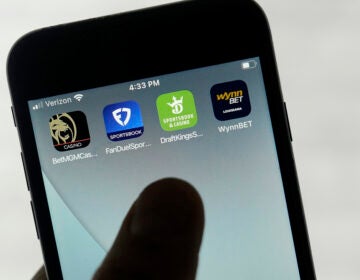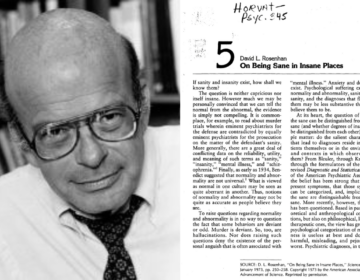When Healing Happens But We Don’t Know Why
We step outside the boundaries of Western medicine to explore those questions!
Listen 49:12
More than a third of Americans use complementary and alternative medicine, ranging from acupuncture to herbalism, Ayurveda to homeopathy. But despite its growing popularity, complementary and alternative medicine remains, for the most part, outside the Western medical mainstream — regarded by some as fringe, and by others as straight-up quackery.
Despite that, many researchers and supporters have been trying to gain a deeper understanding of medical practices from around the world, and to incorporate them into our health care system. And that’s led to more questions: Which practices work, and for what conditions? How do they work? And how do we measure and standardize treatments when they’re removed from their cultural contexts?
On this episode, we step outside the boundaries of Western medicine to explore those questions. We hear stories about a mysterious Vodou treatment, the struggle to bring acupuncture into the medical mainstream, and answers to Western skeptics.
Also heard on this week’s episode:
- We talk with public health researcher Gerard Bodeker about what he’s learned over his decades-long career studying traditional medicine from around the world — including surprising cures, lessons learned, and challenges to integration.
- Richard Harris is a professor in the Department of Anesthesiology and Perioperative Care at the University of California, Irvine School of Medicine. But had a keen interest in Eastern medicine, and specifically acupuncture. Harris explains what he’s learned through his years of research and brain-imaging studies about how acupuncture actually works.
Segments from this episode
WHYY is your source for fact-based, in-depth journalism and information. As a nonprofit organization, we rely on financial support from readers like you. Please give today.






